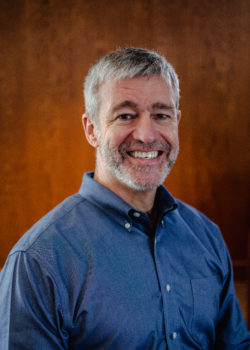Paul is the founder of HeartCry Missionary Society and currently serves as its missions director. He also ministered as a missionary in Peru for ten years. He has preached hundreds of sermons and has authored a dozen published works. Paul lives in Radford, Virginia, with his wife Charo and their four children: Ian, Evan, Rowan, and Bronwyn.
More By Paul David Washer
Sermon

